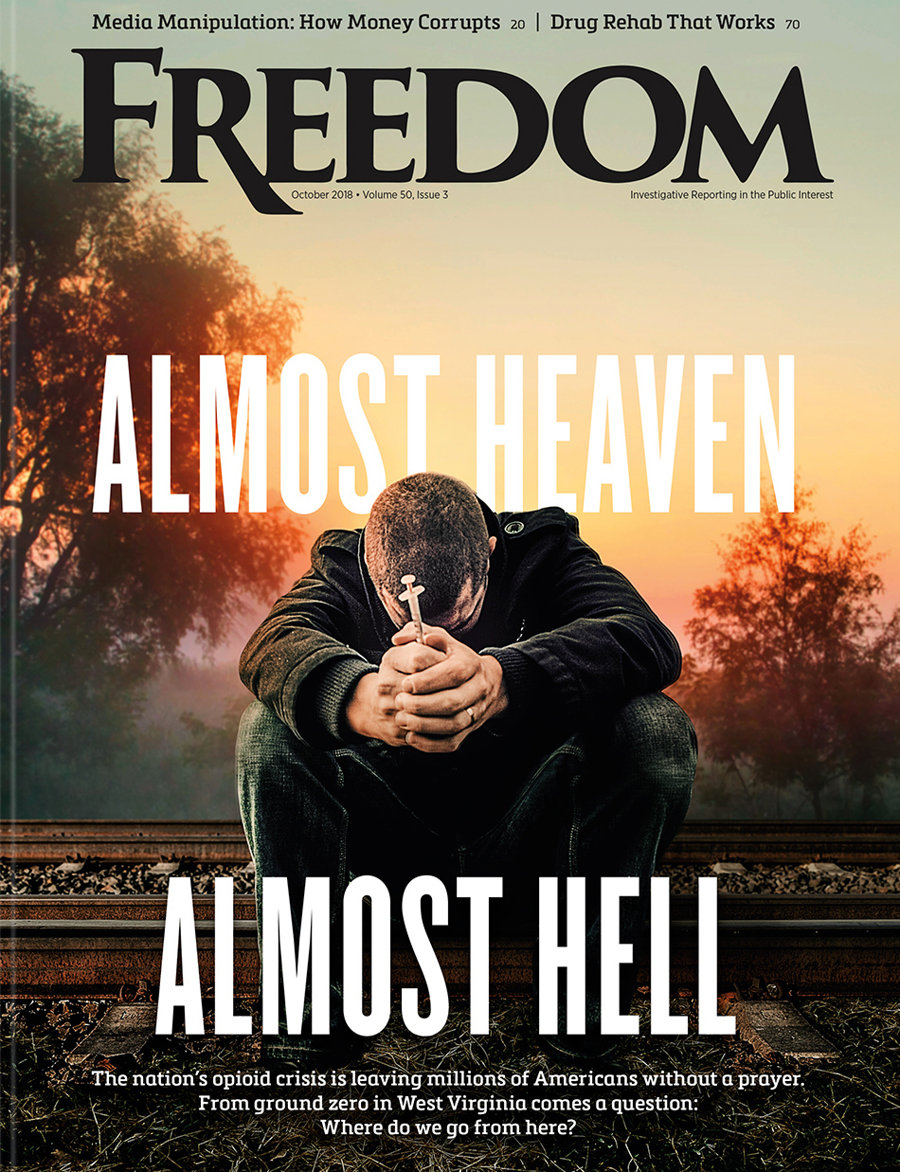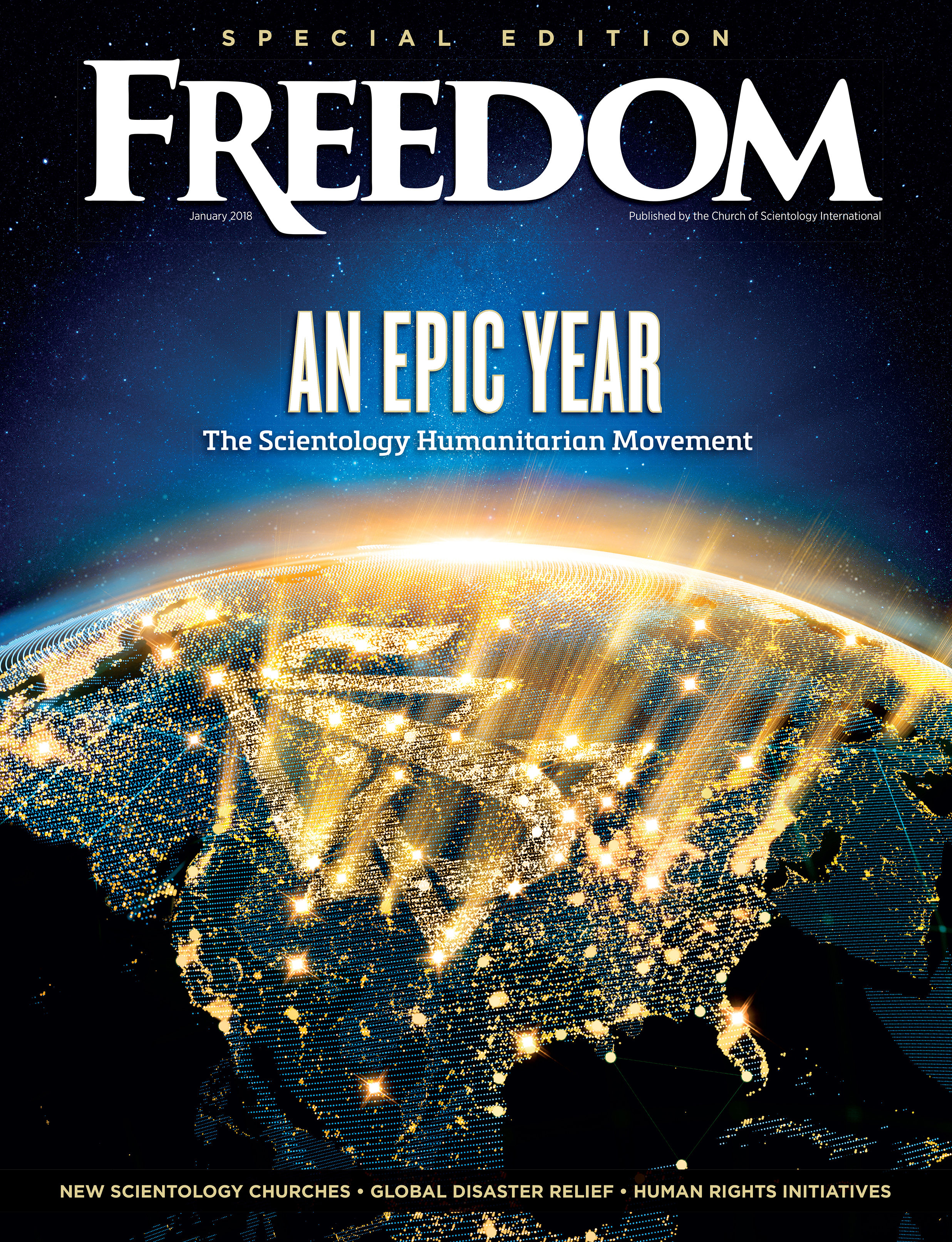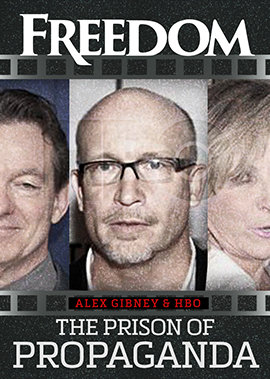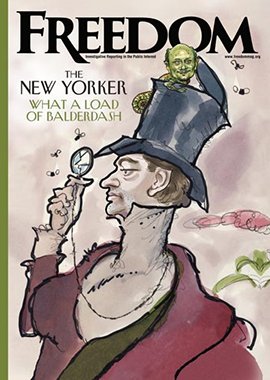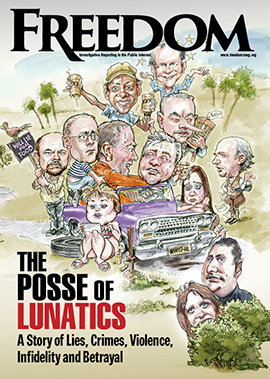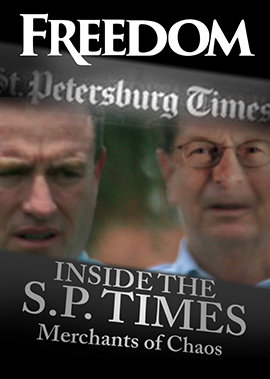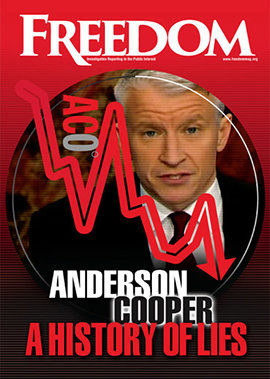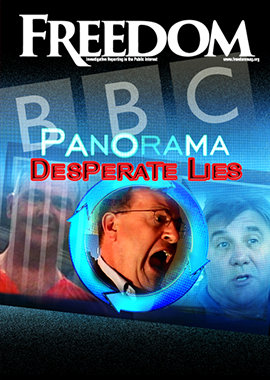As that time approaches, Scorsese is being pulled ever deeper into the spiritual world of his Catholic religion and expresses his passion for it through his latest work, the eight-part Martin Scorsese Presents: The Saints docudrama series on Fox Nation, a project that has taken over 40 years, from concept to final fruition.
As a small child in New York’s Little Italy, Scorsese found refuge in St. Patrick’s Old Cathedral and pondered the images of the saints he found there.
“Creativity is the expression of God.”
“I was curious about these figures, these statues, and what they represented. They had stories,” Scorsese said. “The point is that they are human. They make mistakes…. Who are these people? What is a saint? The minute I walk out the door of the cathedral, I don’t see any saints. I saw people trying to behave well within a world that was very primal and oppressed by organized crime.”
Scorsese even planned to become a priest before dropping out of seminary and discovering his true calling: filmmaking.
Scorsese himself narrates The Saints, which features episodes on Joan of Arc, Francis of Assisi, John the Baptist, Thomas Becket, Mary Magdalene, Moses the Black, Sebastian and the priest Maximillian Kolbe, who voluntarily gave up his life to save that of a fellow prisoner in Auschwitz.
Throughout his brilliant career—making heavily spiritual films like The Last Temptation of Christ, Kundun and Silence, as well as movies like Goodfellas, Raging Bull and Casino, heavy on violence but still with strong spiritual undertones—Scorsese has dealt with the duality of saint and sinner, of good and evil in all his characters, including himself.
“The filmmaking comes from God,” he said. “It comes from a gift. And that gift is also involved with an energy or a need to tell stories.”
“For me, it’s not that cinema is a god,” he said. “It’s the expression of God. Creativity is the expression of God.”
These are days when church attendance is low—only 23 percent of Catholics attend a church service every week, for example—and yet Scorsese believes religion is vital to the survival of society.
“Right now, ‘religion,’ you say that word and everyone is up in arms because it’s failed in so many ways, but that doesn’t mean necessarily that the initial impulse was wrong.
“I’m trying to find a new way to make it more accessible and take away the negative onus of what has been associated with organized religion,” Scorsese said.
Scorsese sees the importance of religion as a crucial unifying and elevating force. His entire career, the totality of his work, speaks to it. The Saints is just his latest chapter.
Ultimately, Scorsese said, “it’s a pilgrimage. We’re still on the road and it’s never going to end.”






